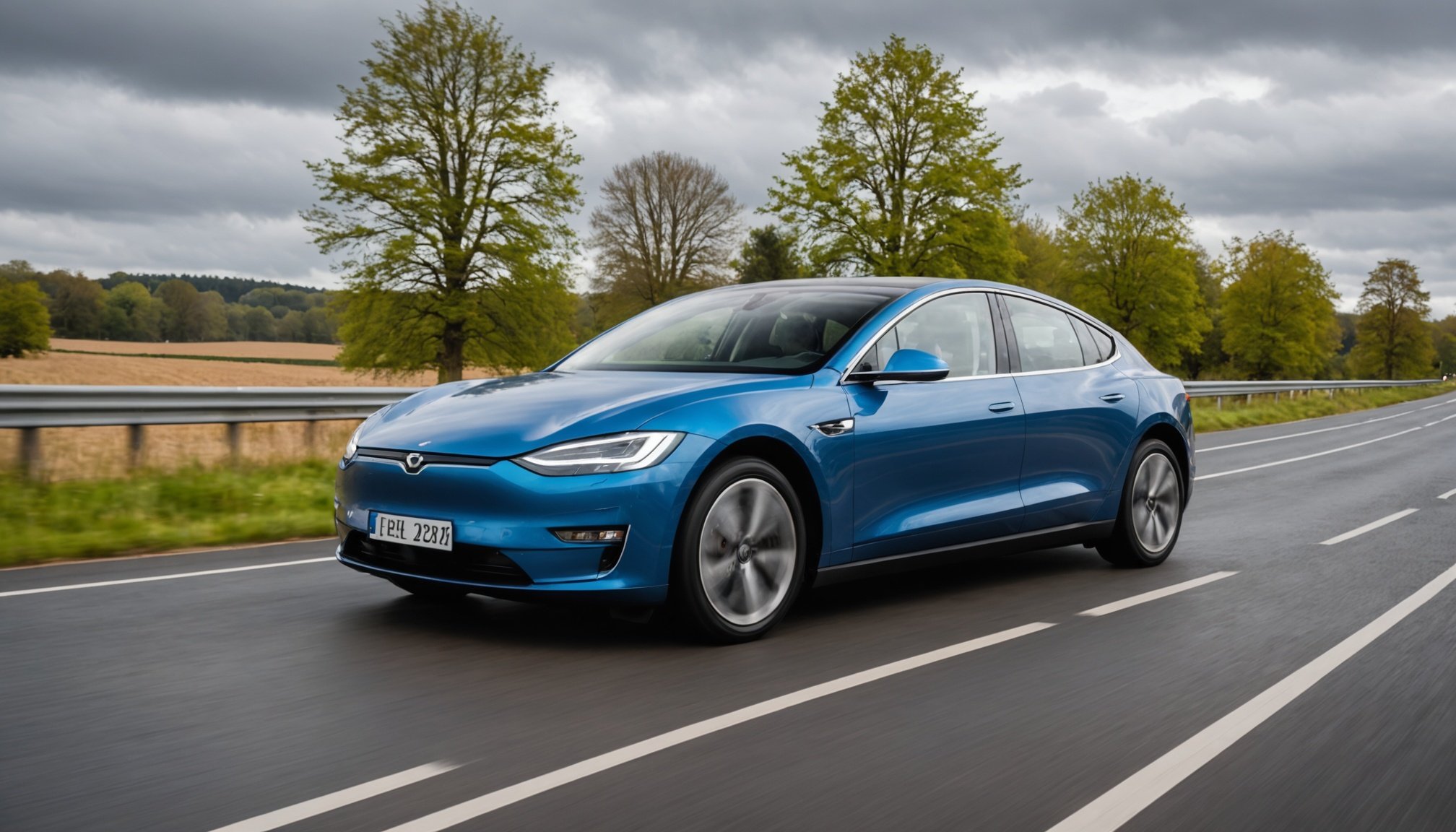Electric vehicles (EVs) have surged in popularity across the globe over the past decade, and the UK is no exception. With growing concerns about carbon emissions and a commitment to a sustainable future, transitioning from petrol-powered cars to electric vehicles has become a national conversation. However, as you consider making the shift, it’s crucial to understand how these vehicles fare in the UK’s unique driving conditions. From bustling urban streets to quiet countryside roads, EV performance is a multifaceted subject that demands careful evaluation.
Understanding Electric Vehicle Performance
Performance is one of the most discussed aspects of electric vehicles, and for good reason. At their core, EVs differ significantly from conventional cars, primarily due to their reliance on batteries rather than petrol engines.
This might interest you : What are the key factors influencing the resale value of used cars in the UK?
Torque and Acceleration
Electric cars are known for their instant torque, which provides a swift and smooth acceleration. This feature makes them highly responsive, perfect for urban driving where stop-and-go traffic is common. Unlike traditional vehicles, electric models deliver peak power at all RPMs, granting a seamless driving experience.
Range and Efficiency
Range anxiety is a common concern among potential EV buyers. However, advancements in battery technology have led to significant improvements. Modern electric vehicles offer ranges that comfortably support daily commutes and even longer journeys. However, their efficiency can vary based on driving habits, weather conditions, and road types.
Topic to read : How can drivers in the UK improve their fuel efficiency with simple driving habits?
Handling and Ride Quality
With a lower center of gravity due to battery placement, EVs often offer excellent stability and handling. This feature becomes especially beneficial in navigating the winding roads of the UK’s countryside or the bustling roundabouts of its cities. Drivers often report a balanced ride quality, attributed to the even weight distribution.
The Role of Charging Infrastructure
The UK’s charging infrastructure is critical to the widespread adoption of electric vehicles. As prospective EV owners, understanding where and how you can charge your vehicles is essential.
Public Charging Points
The UK government and private sectors have invested heavily in expanding public charging points. These stations are increasingly available in urban areas, service stations along major highways, and even rural communities. This widespread availability makes charging accessible and convenient, reducing range anxiety.
Home Charging Solutions
For many, the ability to charge an EV at home is a significant advantage. Installing a home charging station can ensure your vehicle is ready for the day ahead. While the upfront cost might seem daunting, government incentives and subsidies can alleviate the financial burden.
Charging Speed and Compatibility
Charging times can vary depending on the EV model and the type of charger used. Fast chargers can replenish a battery to 80% in as little as 30 minutes, while standard home chargers might take several hours. Compatibility is also key, as not all charging stations support every EV model, necessitating careful planning and awareness.
Environmental Impact and Energy Consumption
Switching to electric vehicles is a step towards reducing the carbon footprint associated with transportation. But how substantial is this impact in the UK?
Emissions Reduction
EVs are celebrated for their potential to drastically reduce emissions. By relying on electricity rather than petrol, they emit no tailpipe pollutants. As the UK energy grid incorporates more renewable energy sources, the overall carbon footprint of driving an EV continues to shrink.
Energy Consumption
While EVs are more energy-efficient than their petrol counterparts, they still require careful consideration regarding energy consumption. Factors such as driving style, terrain, and temperature can affect energy use and, consequently, the range.
Noise Pollution
An often-overlooked benefit of electric vehicles is their contribution to reducing noise pollution. With quieter engines, EVs offer a more peaceful urban environment, enhancing the quality of life.
Future Trends and Innovations in EVs
As the EV market matures, new trends and technological innovations continue to emerge, shaping the future of electric driving.
Advancements in Battery Technology
The evolution of battery technology remains a pivotal area of development. Newer batteries boast longer lifespans, shorter charging times, and improved safety features, addressing some of the challenges faced by early adopters.
The Rise of Diverse EV Models
Manufacturers are expanding their EV offerings with a variety of models, from compact city cars to robust SUVs. This diversity enables consumers to choose vehicles that best suit their driving needs and lifestyle preferences.
Integration with Smart Grids
The integration of EVs with smart grids is another significant trend. This innovation allows vehicles to communicate with the electrical grid, optimizing energy use, reducing costs, and supporting renewable energy integration.
The Role of Autonomous Driving
Autonomous driving technologies are gradually being integrated into EVs. This innovation promises to revolutionize commuting by enhancing safety and providing new levels of convenience.
Electric vehicles are poised to transform the UK’s transportation landscape, offering a compelling alternative to traditional petrol cars. As potential or current EV owners, your understanding of their performance in diverse driving conditions is crucial. With improving infrastructure, advancing technology, and growing environmental consciousness, EVs represent not just the future of driving, but a step towards a more sustainable and efficient world. As the UK continues its push towards a greener future, embracing electric vehicles could become a pivotal part of everyday life.











